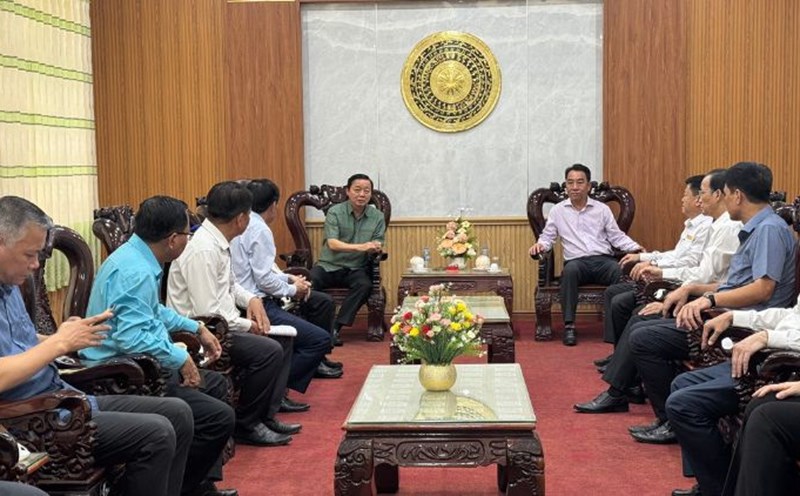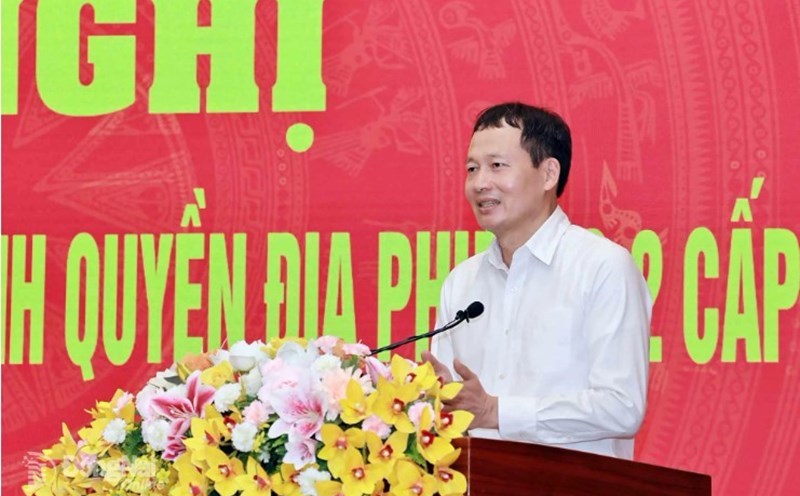To achieve that initial result, it is first of all the spirit of readiness to participate of the team of cadres and civil servants. In particular, many localities have initiatives to support people at public administrative service centers as well as go to their homes. Some localities have handled "super-fast" administrative procedures, typically Huong Tra - the first ward in Da Nang city to issue red books according to a new, compact process, surprising people.
However, after more than a month of operation, it is necessary to draw lessons, promote advantages, and adjust the limitations to better serve the people.
Some localities have mentioned difficulties in personnel, Ho Chi Minh City proposed to increase the payroll at the commune level because some departments are overloaded after the merger. Many localities lack commune-level education officials with professional qualifications or experience in the field of education. In particular, remote areas lack technology- proficient civil servants to meet the requirements of digitalization and operation of e-government.
Prime Minister Pham Minh Chinh has just signed Official Dispatch No. 127/CD-TTg, requesting the People's Committees of provinces and cities to complete the upgrading of the Provincial-level Administrative Procedure Information System to meet the requirements of digitalization, complete data transfer with merged localities and the implementation of administrative cooperation not dependent on administrative boundaries within the provincial level, deploying a 2-level local government organization model. Complete no later than August 30.
The dispatch clearly stated that the arrangement of cadres and civil servants to implement administrative procedures in some localities, especially at the commune level, is not scientific, does not properly meet the professional and technical requirements of the job position, and is slow to receive training and guidance.
According to the content of the Prime Minister's Official Dispatch, it can be determined that two things need to be actively implemented to improve the quality of local government operations at both levels.
The first thing is to digitize the information system for handling administrative procedures, the second is to arrange cadres and civil servants appropriately and scientifically. At the same time, it is necessary to organize training and guidance to improve the qualifications of civil servants to meet the requirements of the task.
Exploiting technological applications, using capable people and arranging scientific work are the keys to success. Increasing staff is not a good solution and is not in line with the policy of streamlining the apparatus.












